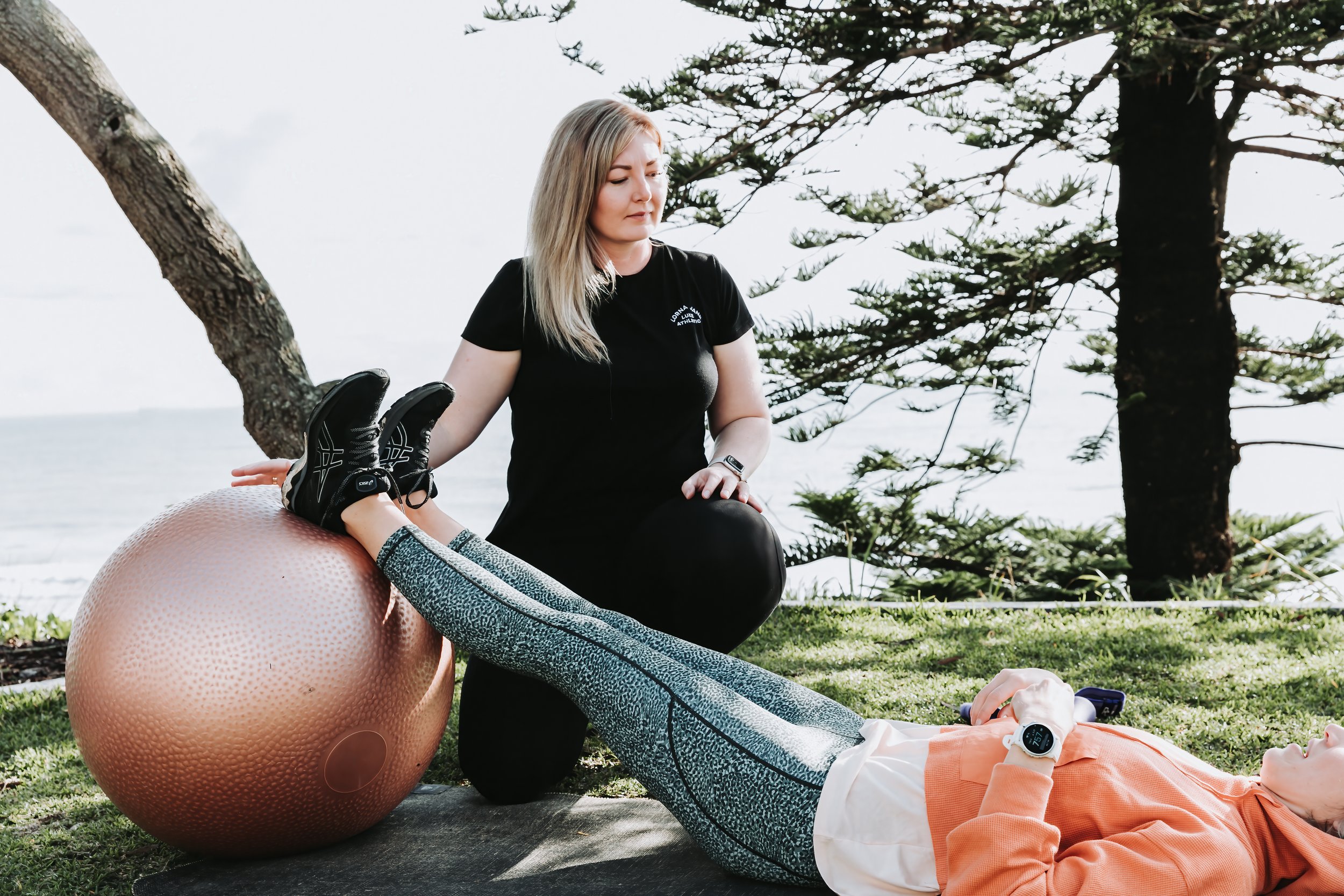
Exercise and Mental Illness
MENTAL ILLESS
Mental illness is familiar to many of us – almost 50% of Australians experience a mental illness in their lifetime. Despite mental illness being so common, it can be challenging to understand what our loved ones are experiencing and to then offer the right support.
At Mindfulness in Movement, we support clients on the Sunshine Coast with mood and stress illnesses including:
Schizophrenia
Bipolar Disorder
Post Traumatic Stress Disorder (PTSD)
Borderline Personality Disorder (BPD)
Anxiety
Depression
SYMPTOMS
Mental illness disorders encompass a wide variety of symptoms that may show up (but are not limited to) as:
mood changes,
hypermania,
paranoia,
fear of leaving the house,
panic attacks,
self-harm behaviours,
addictions,
difficulty making decisions
difficulty concentrating on tasks and
struggling to complete day-to-day tasks.
EXERCISE AND MENTAL ILLNESS
The research is very clear, and we know that exercise is so beneficial for people experiencing mental illness. As community exercise physiologists we are great at reducing the barriers that stop some people exercising, by offering sessions that are tailored to each individual, and meet them where they’re at. That means that each session is different, depending on someone’s mood or feelings, and that’s totally fine. We are mobile, so can bring our exercise therapy services to any home in the Sunshine Coast
Along with the above conditions and presentations, people with mental illness will frequently also have:
reduced coordination and balance,
fatigue,
pain symptoms and
an increased stress response and emotional dysregulation.
People with a mental illness will often find it challenging to commit to a movement routine, even though this can really improve their physical and mental health.
.As exercise physiologists we frequently support clients with mental illness disorders and design specifically tailored programs for them. The skills our clients learn during our sessions help our clients to feel confident enough with their increased physical and mental capacity to join community exercise groups and feel more positive to complete their activities of daily living.
We also encourage our clients to gain independence through their exercise routine, which has great results.
Exercise Physiology can help to:
Teach clients how to self-regulate their mood
Increase feelings of positivity and reduce severity and duration of low moods
Improve feelings of self-worth, self-efficacy and self-confidence
Increase stress tolerance and mental resilience
Show clients how capable they are, physically and mentally
Improve feelings of empowerment.
If you would like to chat about Mindfulness in Movement exercise physiology sessions, please connect with us.

